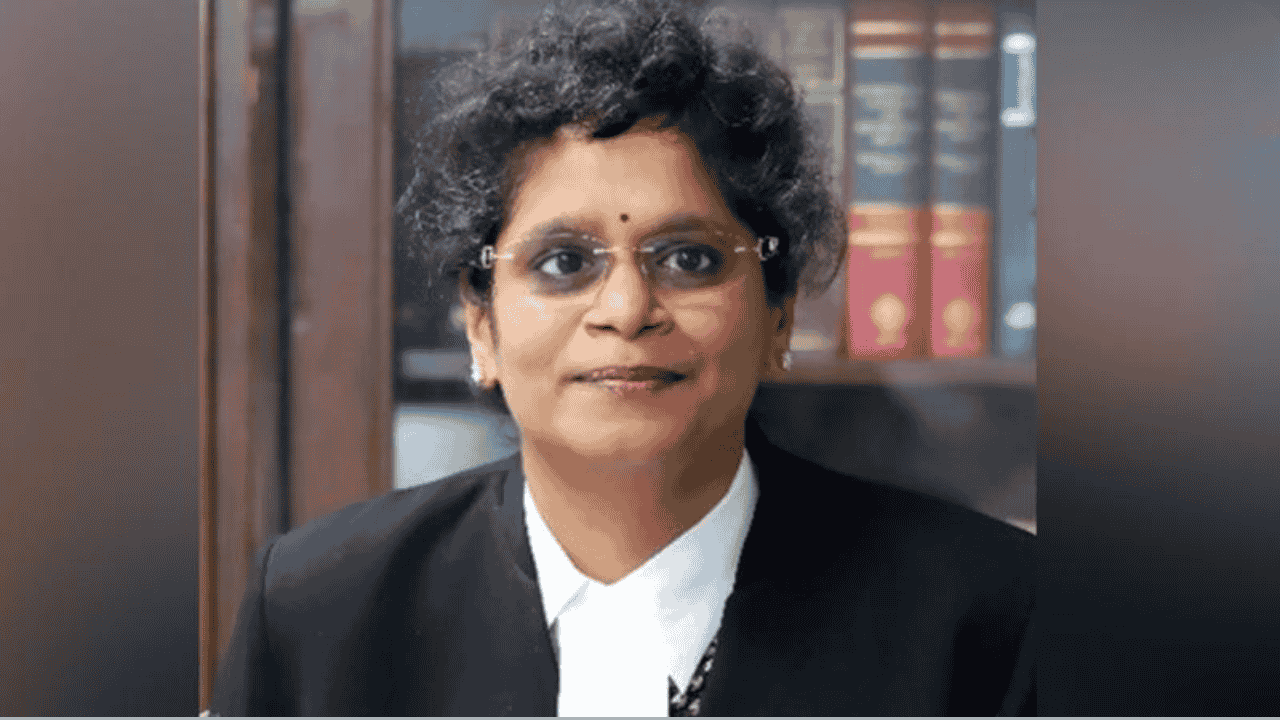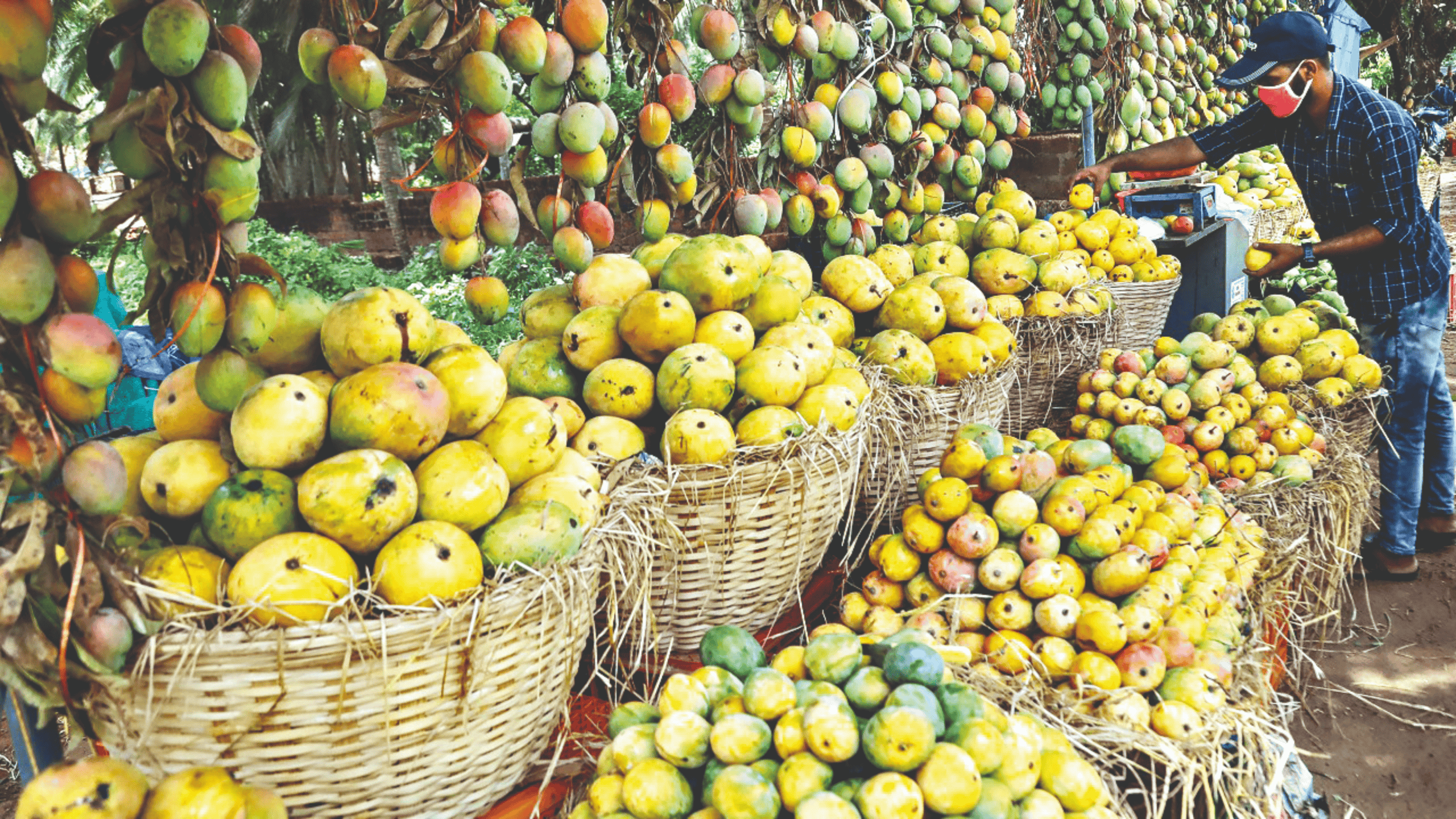In a landmark achievement for India's legal and intellectual property ecosystem, Justice Pratibha M. Singh of the Delhi High Court has been appointed as the Chair of the World Intellectual Property Organization (WIPO) Advisory Board of Judges for the 2025–2027 term. This historic appointment marks the first time an Indian judge—and indeed any jurist from Asia—has been entrusted with this prestigious global responsibility.
The announcement, made on October 21, 2025, has been celebrated by India's highest constitutional authorities and is viewed as a reflection of the country's growing stature in international intellectual property governance.
Understanding WIPO and Its Advisory Board
What is WIPO?
The World Intellectual Property Organization (WIPO) is a specialized agency of the United Nations headquartered in Geneva, Switzerland. Established in 1967 and operating since April 26, 1970, WIPO promotes and protects intellectual property (IP) rights globally through cooperation with countries and international organizations.
Key Functions of WIPO:
Administers 26 international treaties concerning intellectual property issues
Provides global IP services including patent registration and protection across countries
Resolves transboundary IP disputes
Maintains databases and publishes reports on global IP protection and innovation
Assists governments, NGOs, and individuals in utilizing IP for socioeconomic development
WIPO currently has 193 member states. India became a member of WIPO on May 1, 1975, and has since acceded to multiple WIPO-administered treaties including the Patent Cooperation Treaty, Madrid Protocol, Nice Agreement, Vienna Agreement, Locarno Agreement, and WIPO Copyright Treaty.
The WIPO Advisory Board of Judges
The WIPO Advisory Board of Judges is a high-level international forum comprising distinguished judges from diverse jurisdictions with expertise in intellectual property law. Operating under the WIPO Judicial Institute, the Board serves several critical functions:
Provides guidance and direction to WIPO's work with judiciaries worldwide
Ensures WIPO's initiatives are responsive to the needs of judges across diverse legal systems
Facilitates transnational judicial dialogue and best practices
Strengthens judicial understanding and capacity in IP adjudication
Oversees the WIPO Lex-Judgements Database, which provides free access to IP-related legal knowledge
Members serve in their personal capacity for two-year terms. For the 2025–2027 term, alongside Justice Singh as Chair, the Board includes judges from Panama, China, Kazakhstan, Egypt, France, Canada, Tanzania, Luxembourg, and South Korea.
Justice Pratibha M. Singh: Profile of Excellence
Justice Pratibha Maninder Singh (born July 20, 1968) brings an exceptional pedigree to this global role.
Educational Background
Bachelor of Laws (LLB) from University Law College, Bangalore (1991)
Master of Laws (LLM) from University of Cambridge on a Cambridge Commonwealth Trust Scholarship (1992)
In 2022, she became the first Indian judge elected as an Honorary Fellow of Hughes Hall, University of Cambridge
Professional Journey
Justice Singh began her legal career in 1991 and practiced primarily in intellectual property law. She was designated as a Senior Advocate by the Delhi High Court in December 2013—the first time an IP practitioner had been elevated to this prestigious role.
Key Contributions Before Elevation to Bench:
Advised parliamentary committees on proposed amendments to IP laws including the Patents Act and Copyright Amendment Act, 2012
Member of the IPR Think Tank that drafted India's first National IPR Policy (released May 2015)
As President of the Asian Patent Attorney Association (APAA), filed a writ petition that led to the establishment of a permanent office for the Indian Intellectual Property Appellate Board (IPAB) in Delhi
Consulted with the Delhi High Court to improve the functioning of the Copyright Office
Judicial Career
Justice Singh was elevated as a permanent judge of the Delhi High Court on May 15, 2017. She has since made significant contributions to IP jurisprudence:
Served as Chairperson and Presiding Judge of the Delhi High Court's first-ever Intellectual Property Division (2021–22)
Chairperson of the Patent Committee that drafted the "High Court of Delhi Rules Governing Patent Suits, 2022"
Authored landmark judgments in patent enforcement, copyright protection, and trademark disputes
Academic and International Recognition
Authored "Prathiba M. Singh on Patent Law"—India's first comprehensive two-volume commentary on patent law
Established the Prathiba M. Singh Scholarship for LL.M. students at University of Cambridge in 2013
Recognized among the "50 Most Influential People in IP" globally for 2021 and 2022 by Managing IP
Received the Asia Women in Business Law Award (2012) by Managing IP
Co-chairs the WHO Working Group on Regulatory Considerations regarding AI in Health
Awards include IP Litigator of the Year (2012), Best IP Senior Counsel (2014), Woman Lawyer of the Year (2015), and Most Powerful Women in Business (2018)
Significance of the Appointment
For India
This appointment is being celebrated as a "proud moment for India" and "a first for India and the Asian region".
Union Finance Minister Nirmala Sitharaman stated: "Congratulations, Justice Pratibha Singh, on reaching 'a first for India and the Asian region' milestone. Justice Singh has worked on IP matters and has authored a peer-reviewed two-volume book on Patent Law earlier. Remarkable contribution to jurisprudence".
Union Commerce and Industry Minister Piyush Goyal called it a matter of national pride: "This prestigious appointment is a moment of great pride for Bharat, reflecting the nation's growing global stature in the field of Intellectual Property. It will further strengthen India's engagement with WIPO, contributing to a resilient and innovation-driven IP ecosystem worldwide".
The appointment underscores:
India's growing recognition in global IP governance
The expertise of Indian judiciary in complex IP matters
India's active participation in shaping multilateral frameworks for innovation and fair IP adjudication
For Global IP Ecosystem
As Chair, Justice Singh will:
Lead discussions on global judicial cooperation in intellectual property
Oversee strategic inputs on judicial training programmes
Advance work on emerging challenges including Artificial Intelligence (AI) and digital IP law
Foster international judicial collaboration
Support women in IP
Broaden the WIPO Lex-Judgements Database
Guide WIPO in addressing AI-generated works, data rights, and cross-border enforcement
Her leadership comes at a critical juncture when IP issues are increasingly interconnected with technology, trade, and innovation policy worldwide.
Intellectual Property Rights: UPSC Perspective
What are Intellectual Property Rights?
Intellectual Property Rights (IPR) are legal rights granted to individuals over their original creative works such as inventions, literary and artistic works, designs, symbols, names, and images in commerce. These rights are granted through patents, copyrights, trademarks, geographical indications, etc., for a specified time period.
Types of IPR:
Patents: Protection for inventions meeting novelty, non-obviousness, and industrial applicability
Copyrights: Rights over artistic, literary, and creative works (books, music, software)
Trademarks: Distinctive signs or symbols identifying goods/services
Industrial Designs: Aesthetic and functional designs of products
Geographical Indications: Products linked to specific regions (e.g., Darjeeling Tea)
Trade Secrets: Confidential business information protected against unauthorized use
International Conventions
Paris Convention (1883): Protects industrial property internationally
Berne Convention (1886): Governs international copyright protection
Patent Cooperation Treaty (1970): Simplifies global patent application processes
TRIPS Agreement (1995): Part of WTO framework
Marrakesh Treaty: Facilitates access to published works for visually impaired persons
IPR Laws in India
Patents Act, 1970 (amended in 1999, 2002, 2005)
Designs Act, 2000
Trademarks Act, 1999
Copyright Act, 1957 (amended multiple times)
Geographical Indications of Goods Act, 1999
Semiconductor Integrated Circuits Layout Design Act, 2000
Protection of Plant Variety and Farmers' Rights Act, 2001
India's WIPO Engagement
India became a WIPO member on May 1, 1975. Recent accessions include:
WIPO Copyright Treaty (WCT) and WIPO Performances and Phonograms Treaty (WPPT) – September 25, 2018
Nice Agreement, Vienna Agreement, and Locarno Agreement – June 7, 2019
Madrid Protocol – April 8, 2013
Strasbourg Agreement – July 7, 2025
In 2024, WIPO highlighted India's exceptional performance in patents, trademarks, and industrial designs, showcasing India as a rising leader in intellectual property.
Why This Matters for Your Exam Preparation
This development holds significant relevance for UPSC Civil Services Examination aspirants across multiple dimensions:
1. Static GK Component
International Organizations (GS Paper 2 - International Relations):
WIPO structure, functions, headquarters (Geneva), membership (193 countries)
WIPO Advisory Board of Judges—composition, tenure, functions
India's membership timeline (May 1, 1975) and treaty accessions
WIPO-administered treaties: Patent Cooperation Treaty, Berne Convention, Paris Convention, Madrid Protocol, Nice Agreement, etc.
Intellectual Property Rights (GS Paper 3 - Economics):
Types of IPR: Patents, copyrights, trademarks, geographical indications, industrial designs
Indian IPR laws and administering bodies
National IPR Policy (2015)
Controller General of Patents, Designs and Trademarks
2. Current Affairs Dimension
UPSC Prelims 2025:
Questions on international appointments, "firsts" for India
WIPO headquarters, functions, recent activities
Justice Pratibha Singh's background, awards, contributions
International treaties India is party to
Recent developments in India's IP ecosystem
UPSC Mains 2025:
GS Paper 2 (Governance, International Relations):
India's growing role in global governance structures
Significance of Indian representation in international bodies
Judicial reforms and IP Division in Delhi High Court
International judicial cooperation
GS Paper 3 (Economy, Science & Technology):
Role of IPR in promoting innovation and economic development
Challenges in IP enforcement in digital age
Balance between IP protection and public interest
India's performance in global innovation indices
Emerging issues: AI-generated works, digital content rights, pharmaceutical patents
Essay Paper:
Innovation and intellectual property
India's soft power and global leadership
Women in judiciary and leadership positions
Balancing innovation incentives with public access
3. Interview/Personality Test
India's contributions to international legal frameworks
Role of judiciary in economic development
IP issues in healthcare, agriculture, technology sectors
India's position on TRIPS flexibilities
Recent WIPO treaty on genetic resources and traditional knowledge (May 2024)
4. Answer Writing Practice
Sample Question: "Discuss the significance of Justice Pratibha M. Singh's appointment as Chair of WIPO Advisory Board of Judges. How does this reflect India's growing stature in global intellectual property governance?" (150 words)
Keywords to Remember: WIPO, Geneva, UN specialized agency, Advisory Board of Judges, 2025-2027 term, first Indian, first Asian, Delhi High Court, IP Division, National IPR Policy, judicial cooperation, digital IP law, AI in health
5. Linkages for Integrated Learning
Connect this development with:
WIPO Treaty on Genetic Resources and Traditional Knowledge (May 2024)—India's advocacy for protection of traditional knowledge
Global Innovation Index rankings—India's improving position
Digital Personal Data Protection Act—intersection of IP and privacy
National Education Policy 2020—innovation and research focus
Make in India, Startup India—IP protection for domestic innovation
Pharmaceutical patents debate—TRIPS flexibilities, access to medicines
UNESCO conventions—cultural IP protection
6. MCQ Practice Areas
WIPO headquarters, founding year, member states
Types of IP and governing Indian laws
International IP conventions and India's accession dates
Recent Indian appointments to international bodies
First woman/Indian/Asian to hold specific positions
Delhi High Court IP Division establishment year
National IPR Policy release year
7. Recent Context (October 2025)
This appointment gains added significance coming alongside:
India's performance in WIPO World Intellectual Property Indicators 2024 report
Ongoing discussions on AI governance and IP rights
India's thrust on innovation ecosystems under Digital India
Growing number of patent filings and trademark registrations in India
Focus on protecting traditional knowledge and geographical indications
Conclusion
Justice Pratibha M. Singh's appointment as Chair of the WIPO Advisory Board of Judges represents a watershed moment for India's engagement with the global intellectual property architecture. Her extensive experience in IP litigation, judicial administration, and policy formulation positions her uniquely to guide international judicial cooperation at a time when IP law faces unprecedented challenges from digitalization, artificial intelligence, and cross-border innovation flows.
For UPSC aspirants, this development offers a perfect convergence of static knowledge (international organizations, IPR framework) and dynamic current affairs (recent appointments, India's global role). Understanding the multifaceted dimensions of this appointment—from WIPO's structure to India's IPR evolution to the emerging challenges in digital IP—will equip you to tackle questions across Prelims, Mains, and Interview stages.
Key Takeaway: This appointment is not just about an individual honor—it symbolizes India's maturing legal ecosystem, its contribution to global IP governance, and its commitment to fostering balanced innovation frameworks that serve both creators and society. As you prepare for your examinations, remember to connect such developments with broader themes of India's soft power, judicial excellence, and multilateral engagement.
Stay updated with daily current affairs and exam-focused analysis at www.atharvaexamwise.com. Follow us for comprehensive UPSC preparation materials tailored for serious aspirants.







